What are Phthalates?
Phthalates (pronounced 'tha-lates) are one group of chemicals that pop up a lot in most homes and workplaces. They are found in commonly used items - such as soft plastics, personal care products, furnishings and detergents.
The research into phthalates and their impact on human health is quite disturbing - they are considered 'endocrine disrupting chemicals' (EDCs) and have been linked to many hormonally driven conditions and cancers, such as:
Endometriosis
Hormonal imbalance - e.g. PMS, Fibroids...
Breast cancer
Infertility - both male and female
Thyroid disease
High intake/exposure during pregnancy may also lead to pre-term birth, smaller head circumference of infant, defects in genitals and low testosterone in male babies.
These chemicals are found almost everywhere in homes -may also be a contributing factor to type two diabetes, insulin resistance, high blood pressure, obesity, asthma and behavioural problems in children.
Where are phthalates found?
Perfume
Cosmetics - they act as a lubricant
Soaps and body washes, scrubs etc.
Moisturisers and toners
Shampoos & other hair products
Nail polish
Deodorant
Soft plastics - phthalates are used as a plasticiser to soften things like, vinyl: think shower curtains, flooring, bench tops, children's/babies toys/teething rings/dummies, wallpaper, food packaging, plastic food wrap, plastic food containers.
Adhesives and solvents
Plastic plumbing pipes
Soft plastic tubes/bags used in food manufacturing and hospitals (i.e. IV drips etc)
Medicines
Sex toys
Pesticides
Some foods: mac & cheese, canned foods, meat & dairy products
These chemicals also end up in our food and water supply.
There is currently no real regulation of phthalates in Australia. Diethylhexyl phthalate (DEHP) - one specific phthlatate of many - is banned for sale in Australia if the product contains more than 1% DEHP.
How to reduce YOUR Phthalate exposure...
1. Ditch the plastic as much as possible
Buy a re-usable glass or stainless steel water bottle
Stop using plastic wrap to cover your food - buy some reusable beeswax wraps or just use a clean tea towel
NEVER EVER heat leftover food/fast food in a plastic container! Heat makes the plastic less stable - so transfer your food to a glass or ceramic bowl before popping it in the microwave - or avoid the microwave altogether!
Be mindful of how much plastic your food is wrapped in at the supermarket... try to avoid buying these things. The bonuses of this are a) you are also helping the environment out and b) food without packaging is generally much healthier for you!
2. Buy Phthalate-free cosmetics & toiletries
Browse your local health food shop and ask them for advise or go online - there are quite a few good online stores that stock natural cosmetic and personal care items that are low chemical. This step might take time, but you could start by making a list of those items you wish to replace with safer alternatives and buy these one at a time.
Invest in some natural, low chemical fragrances that are essential oil based.
Stop using air fresheners and 'smelly' products in your home - open the windows often and let air circulate!
3. Buy organic! (where possible)
Organic produce can be affordable if you buy whats in season & shop at your local farmers market. Or you could grow your own!
When not buying organic, rinse fruit and veg in a wash made up of filtered water and diluted apple cider vinegar.
4. Use a water filter
- Not surprisingly, phthalates are also found in water. Since we cook with water and regularly drink it, it's important to use a filter to reduce the amount of phthalates in water.
References:
https://www.ncbi.nlm.nih.gov/pmc/articles/PMC3747651/
https://www.ncbi.nlm.nih.gov/pmc/articles/PMC3889659/pdf/nihms543653.pdf
http://pubmedcentralcanada.ca/pmcc/articles/PMC2775531/


